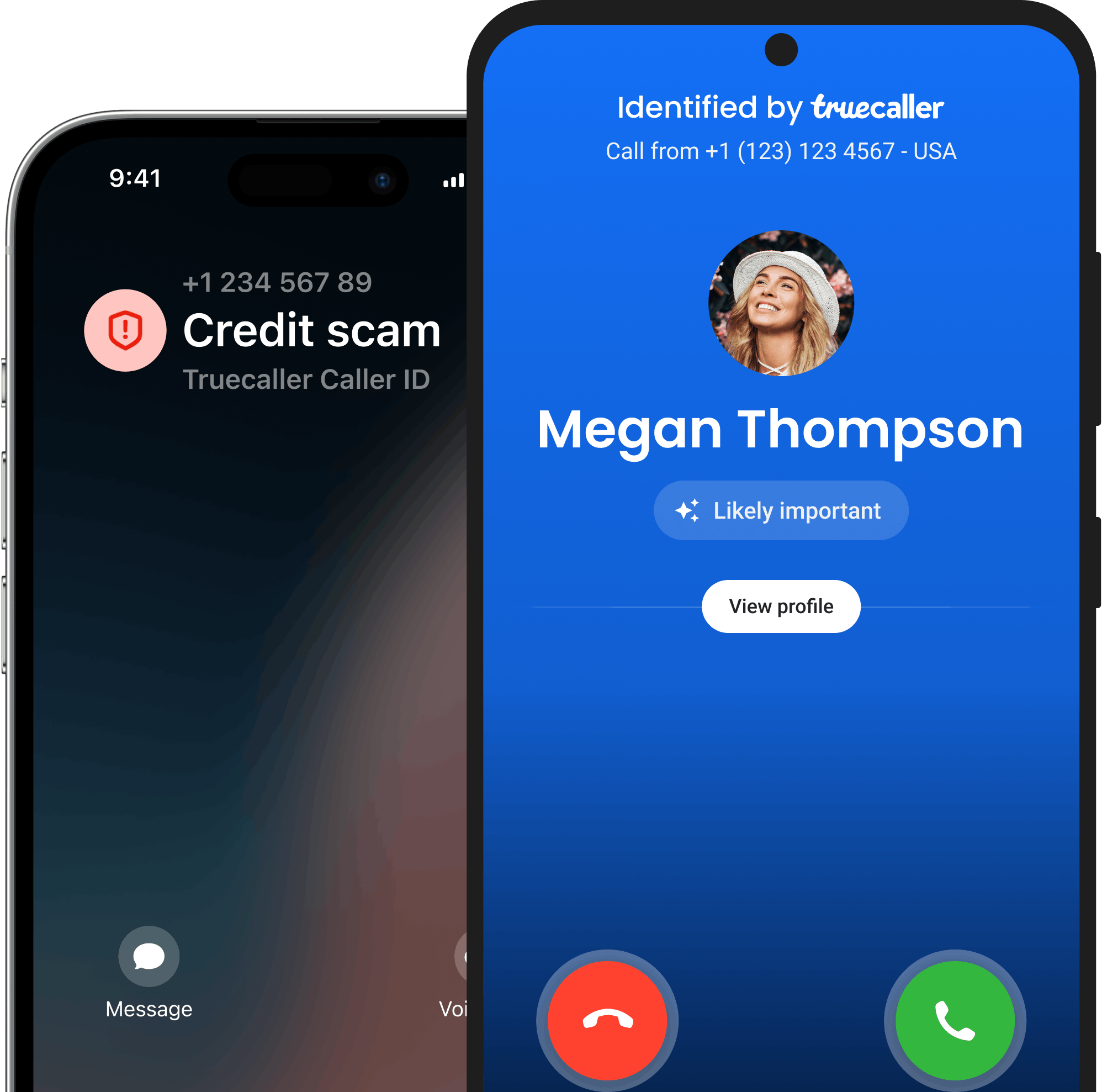
Employment/Job Scam in Nigeria
Employment/Job Scam in Nigeria
According to a survey by the Labour Force, Nigeria’s unemployment rate surged to 5.0 percent in the third quarter of 2023 from 4.2 percent in the previous quarter. It is disheartening to see scammers take advantage of this to exploit unemployed individuals. They are highly creative, making their schemes seem legitimate, which leads victims to lose time and money and, in some cases, have their details used for criminal activities. These scams take many shapes and can trick you easily. But with the right knowledge and precautions, you can greatly lower your chances of getting caught up in these dishonest schemes.
Employment scams can look like real job offers, but they're not. They come in different forms.
Examples of Employment Scams in Nigeria
Scammers advertise work-from-home opportunities, promising high earnings with minimal effort. They may request upfront payment for training materials, starter kits, or registration fees. However, after receiving payment, they provide no legitimate work or support.
For example, In 2023, Mr. John received an offer to work from home, earning a substantial income with minimal effort. He was required to pay an upfront fee for training materials. After paying the fee, he received no further communication, and the promised job never materialized.
Job seekers are enticed to participate in pyramid schemes disguised as employment opportunities. These schemes require participants to recruit others and invest money upfront, with the promise of earning commissions from subsequent recruits. The primary focus is on recruitment rather than selling goods or services.
For example, Miss Ada was approached with an "employment opportunity" that required her to recruit others into the scheme, promising high returns for each recruit. She invested her savings, only to realize that the so-called job was a pyramid scheme, and she lost her money.
- Scammers impersonate legitimate companies or recruiters via email, social media, or text messages. They may request personal information such as NIN, bank account details, or passwords under the guise of a job application process. This information is then used for identity theft or financial fraud.
For example, Mr. Ojo received an email from a “reputable” company offering him a job. The email asked for his NIN, bank account details, and other personal information. After sharing his details, his bank account was compromised, and he fell victim to identity theft.
Some employment scams involve identity theft, where scammers use stolen personal information to open fraudulent accounts or commit other crimes. Jobseekers may unknowingly provide sensitive information to scammers posing as legitimate employers.
For example, Mrs. Eze applied for a job she found online. She provided her full name, address, and bank details during the application process. Later, she discovered that her information was used to open fraudulent accounts in her name.
Red flags to look out for in a job scam
Legitimate employers do not ask for payment to secure a job. If you are asked to pay for training, registration, or other fees, it's likely a job scam.
Be cautious of job offers that come from unknown sources or are unsolicited. Scammers often send out mass emails to potential victims.
If the job description or email is poorly written, with grammatical errors and vague details, it’s a major red flag.
Genuine companies provide clear and verifiable contact information. If the company is hard to reach or its contact details cannot be verified, it might be a scam.
Scammers often use generic greetings like "Dear Applicant" instead of addressing you by name. This lack of personalization is a sign of a job scam.
How to protect yourself from Job Scams in Nigeria
Before applying, thoroughly research the company. Verify its legitimacy by checking its website, reading reviews, and confirming contact information.
If a job offer seems too good to be true or feels suspicious, it probably is. Trust your gut and be cautious.
Never share personal information like your NIN, bank account details, or passwords unless you are certain of the employer’s legitimacy.
Communicate with potential employers through secure channels, such as official company email addresses. Avoid engaging with recruiters through personal email or social media.
If you're working with an employment agency, verify its legitimacy by checking its credentials and reputation.
Seek advice from career counselors, mentors, or trusted friends and family when evaluating job opportunities. They can provide insights and help you identify potential scams.
Check the interview location and the company’s name online. If there are discussions about possible fraud, reconsider attending the interview.
How scammers operate an employment scam in Nigeria
- Communication Channels: Scammers use job boards, social media, and unsolicited emails to post fake job offers or contact potential victims directly.
- Phased Approach: The scam begins with a job offer that requires the victim to pay for training materials, background checks, or placement fees. After payment, the job offer disappears.
- Identity Theft: Some scammers request sensitive information, like bank account details or NINs, under the guise of a job application, using this information for identity theft.
- Impersonation of Legitimate Companies: Scammers often use the names of well-known companies to add legitimacy to their offers, creating fake websites or email addresses that closely resemble the real ones.
Psychological Tactics:
- Attractive Offers: Scammers promise high salaries, flexible work conditions, and other appealing benefits to lure job seekers.
- Urgency: Victims are often pressured to act quickly to secure the job, with limited time to think or verify the offer.
- Exclusivity: Scammers may claim the job is a "once-in-a-lifetime" opportunity, convincing victims they’ve been specially selected.
Impact on Victims:
- Financial Loss: Victims may lose money by paying for non-existent training, background checks, or placement services.
- Identity Theft: Personal information provided during the fake application process can be used for identity theft, leading to further financial harm.
Lost Opportunities: Victims may miss out on legitimate job opportunities while pursuing these scams.
Fallen victim to an employment scam?
If you've fallen victim to an employment scam, here are steps you should consider;
- Stop all communication with the scammer immediately. This includes ceasing any further correspondence via email, phone calls, or social media.
- Gather and document all evidence related to the scam, including emails, messages, job postings, payment receipts (if any), and any other relevant information. This documentation may be helpful when reporting the scam to authorities or seeking assistance.
- If you provided any financial information or made payments to the scammer, contact your bank or financial institution immediately. Inform them of the situation and follow their instructions to protect your accounts and prevent further unauthorised transactions.
- Keep a close eye on your bank accounts, credit cards, and credit reports for any suspicious activity or unauthorised charges. Consider placing a fraud alert or credit freeze on your accounts to prevent identity theft.
- If you encounter a scam through an online job platform or website, report the fraudulent activity to the platform's administrators. They may take steps to remove the scammer's profile or job postings and prevent further victims from being targeted.
Where to report job scams in Nigeria?
- Police Special Fraud Unit (PSFU)
Email: report@specialfraudunit.org.ng, pro@specialfraudunit.org.ng
Whatsapp: 08127609914
Voice Call/SMS: 07082276895
Social Media: Facebook - Economic and Financial Crimes Commission (EFCC)
Email: info@efcc.gov.ng
Phone number: +234 8093322644, +234 (9) 9044751
Social Media: Facebook, Twitter, Instagram - Independent Corrupt Practices Commission (ICPC)
Email: info@icpc.gov.ng
Phone number: 08076369259, 08076369260
Social Media: Instagram, Twitter, Facebook
You can also report the phone number of the fraudster on Truecaller. This could protect the whole community from future fraud attempts!
Conclusion
Job scams and employment scams are rampant, especially in our country, considering the high unemployment rate. Scammers exploit the vulnerability of job seekers, leading to financial losses and, in some cases, identity theft. By staying vigilant and following the steps outlined above, you can protect yourself from these fraudulent schemes. Always remember that legitimate job opportunities do not require upfront payments or involve dubious communication methods.
*The people mentioned are fictional but inspired by the true way the scam actually works!







